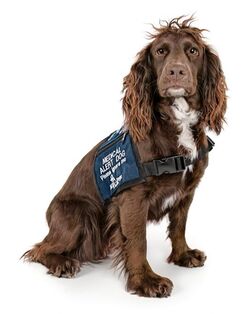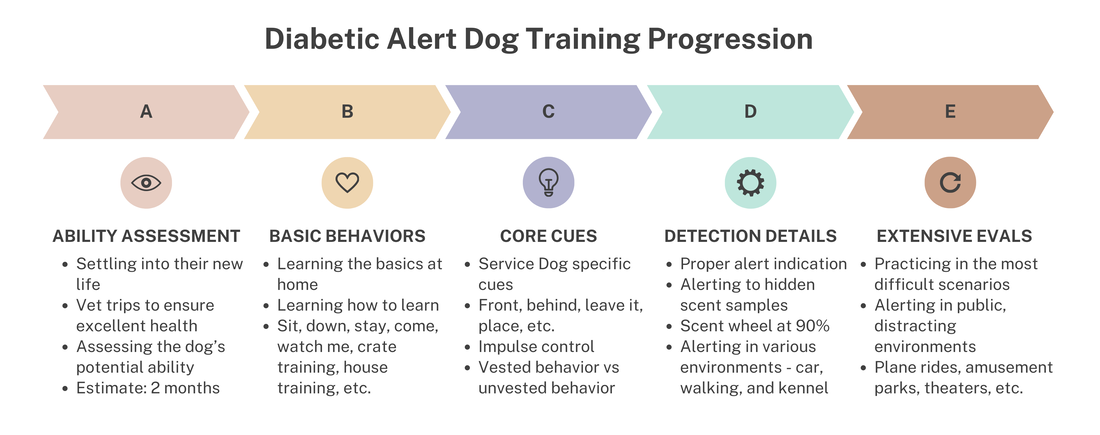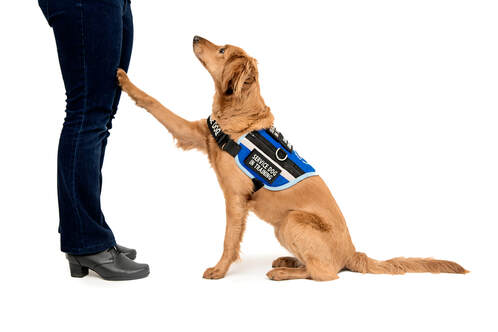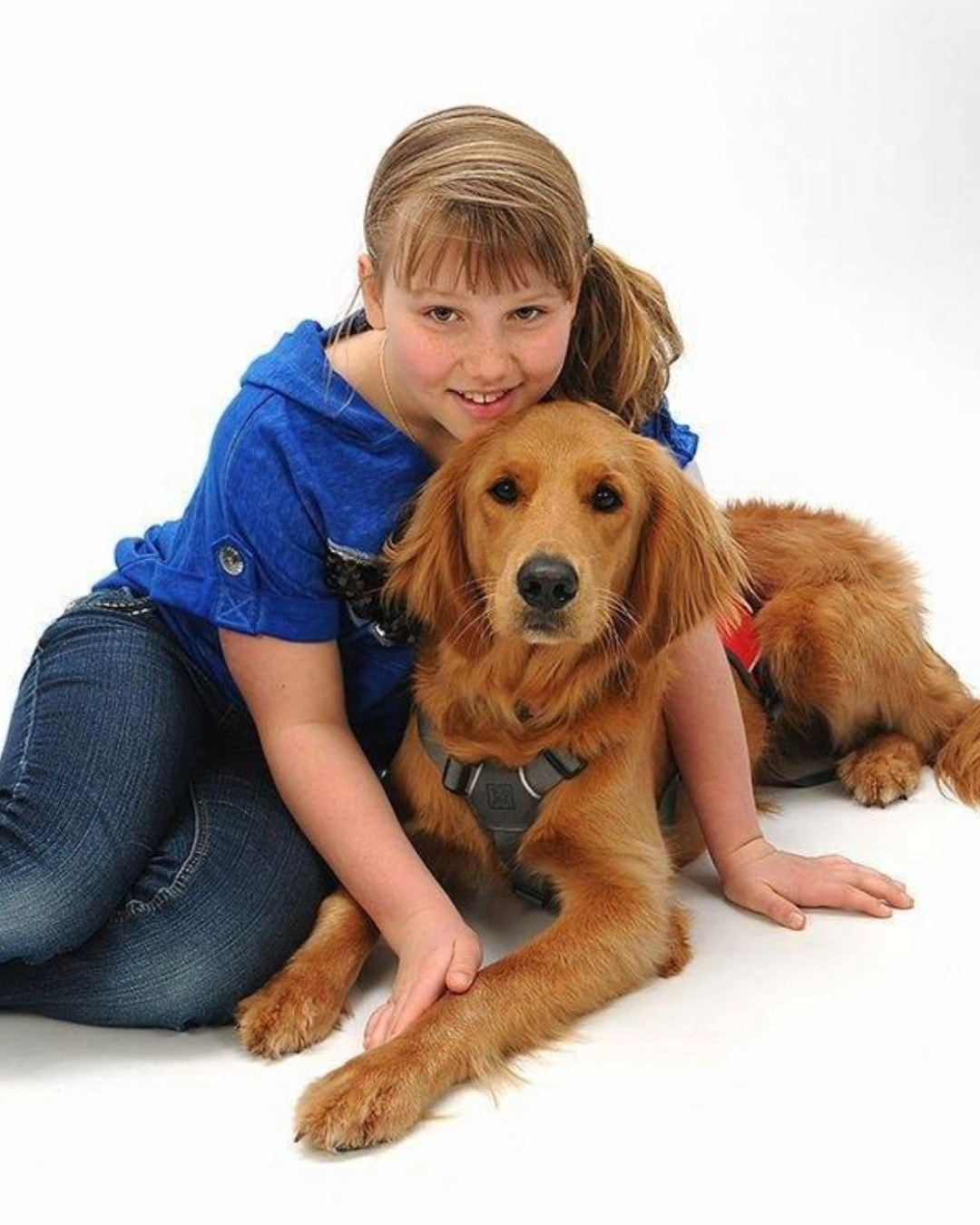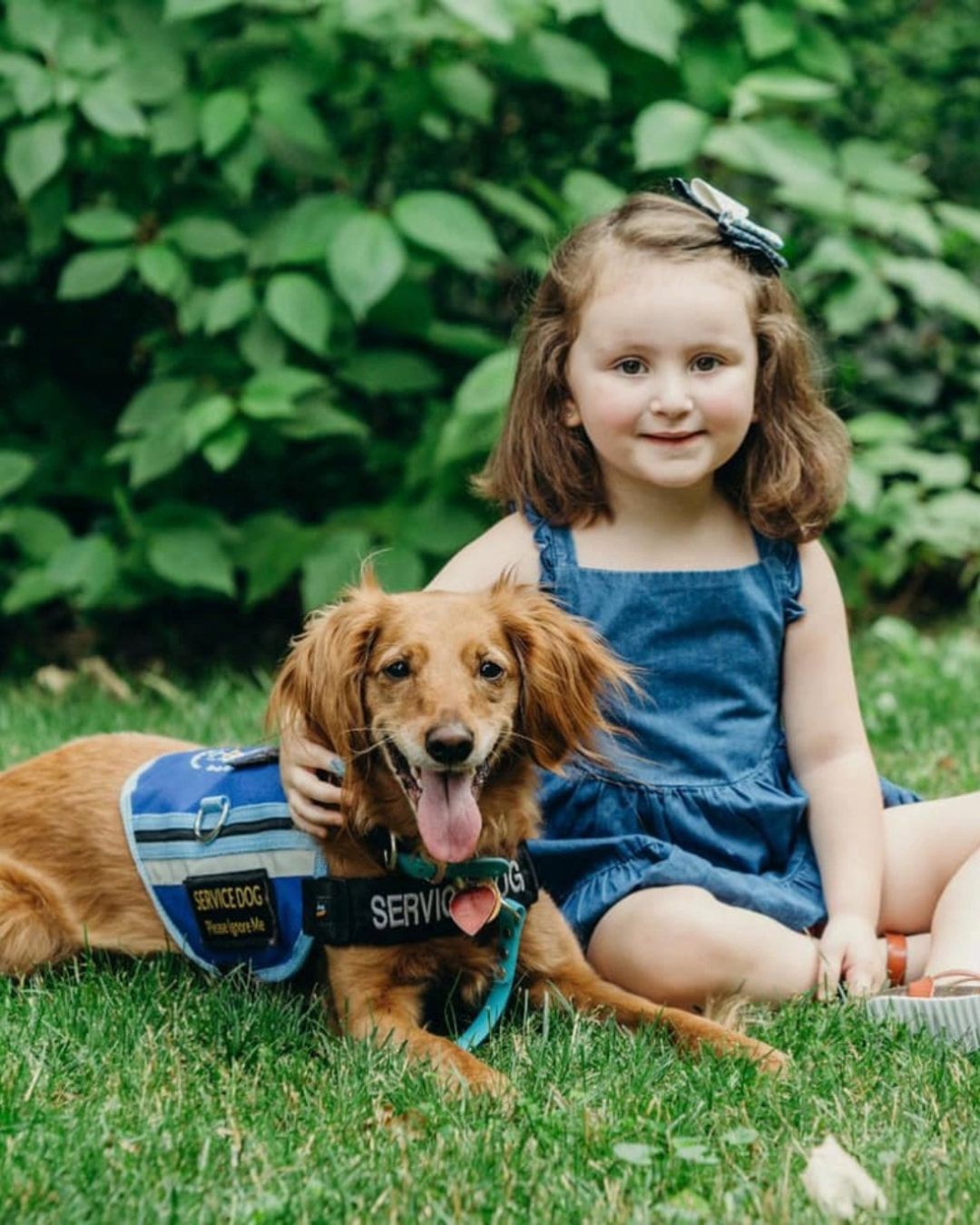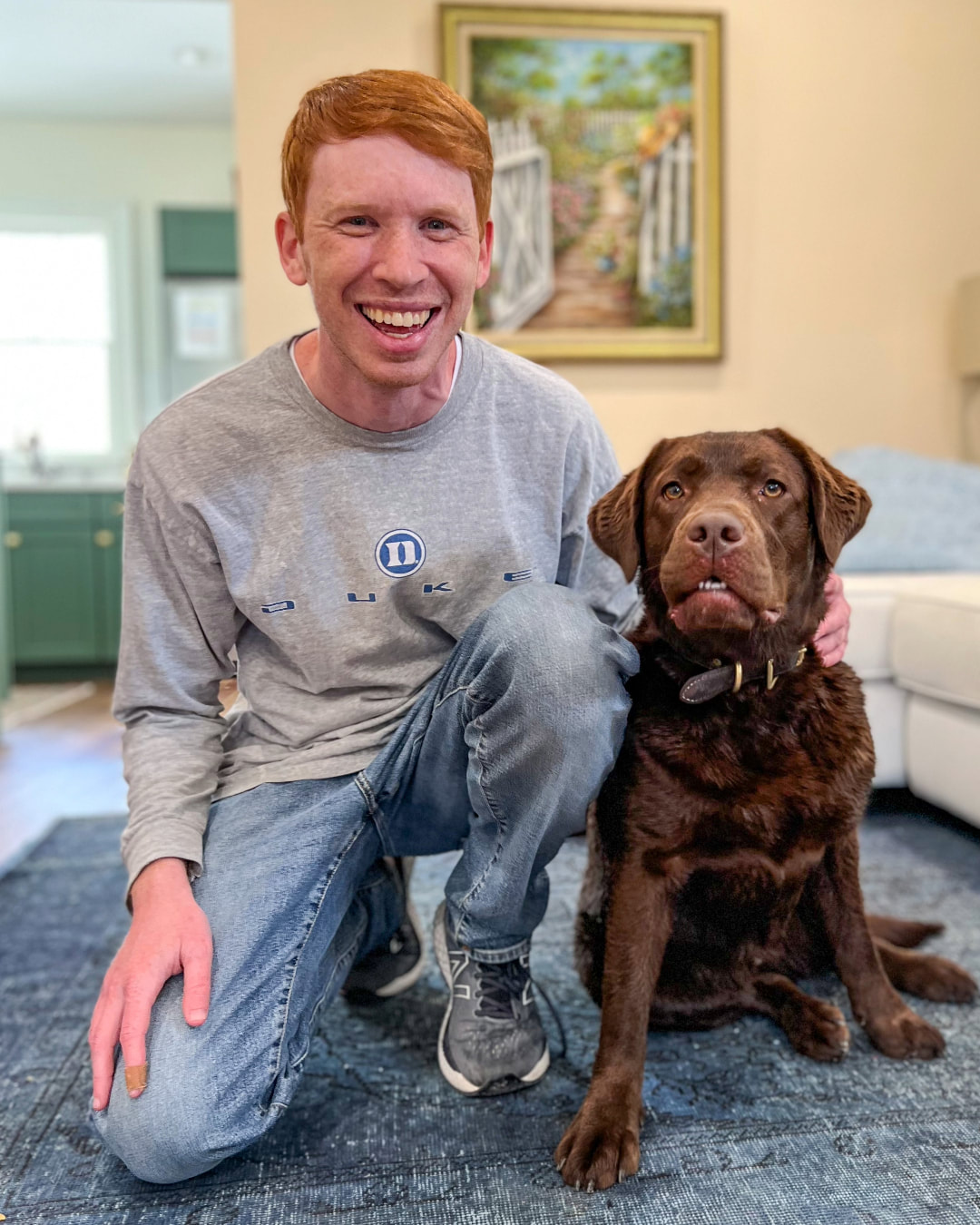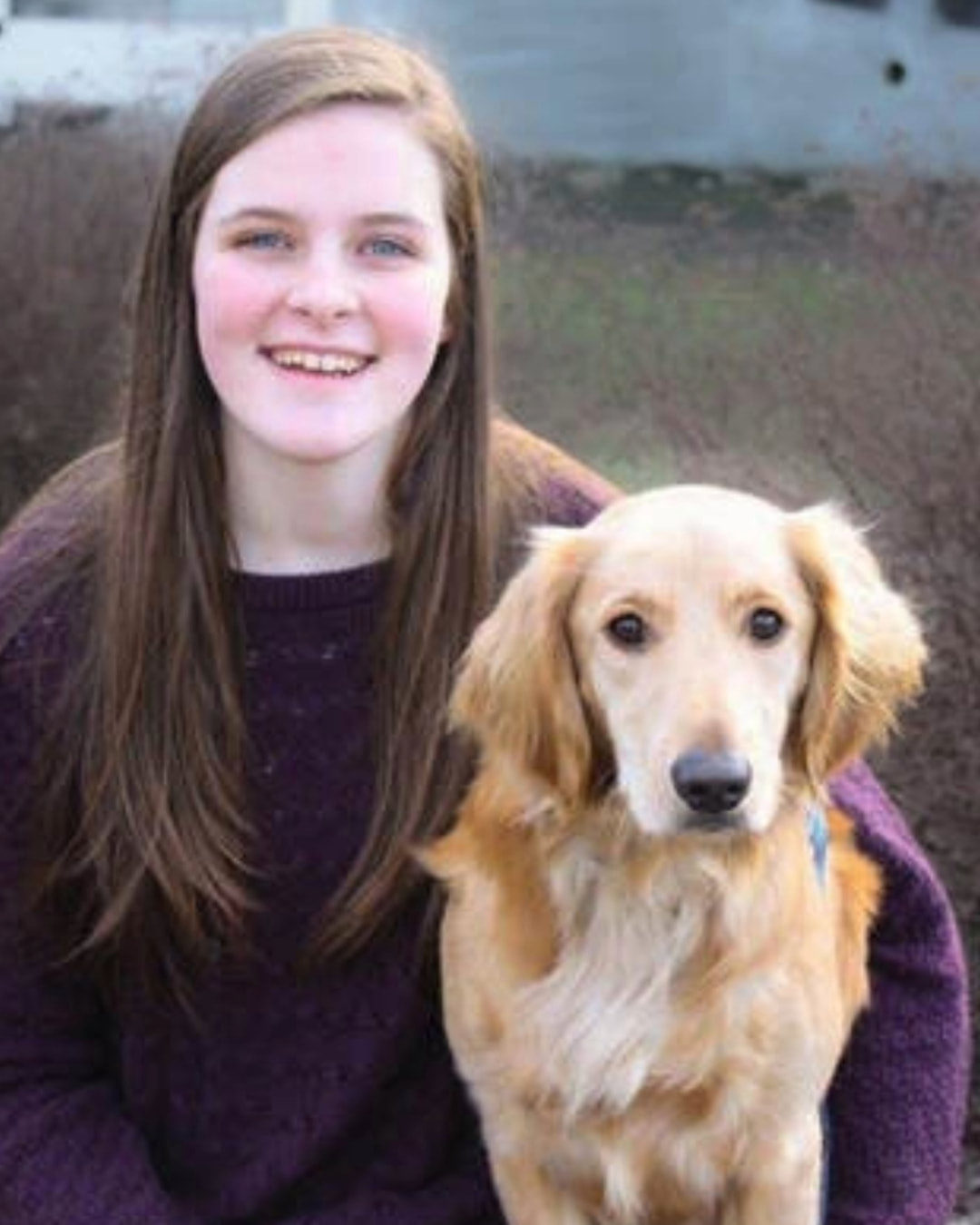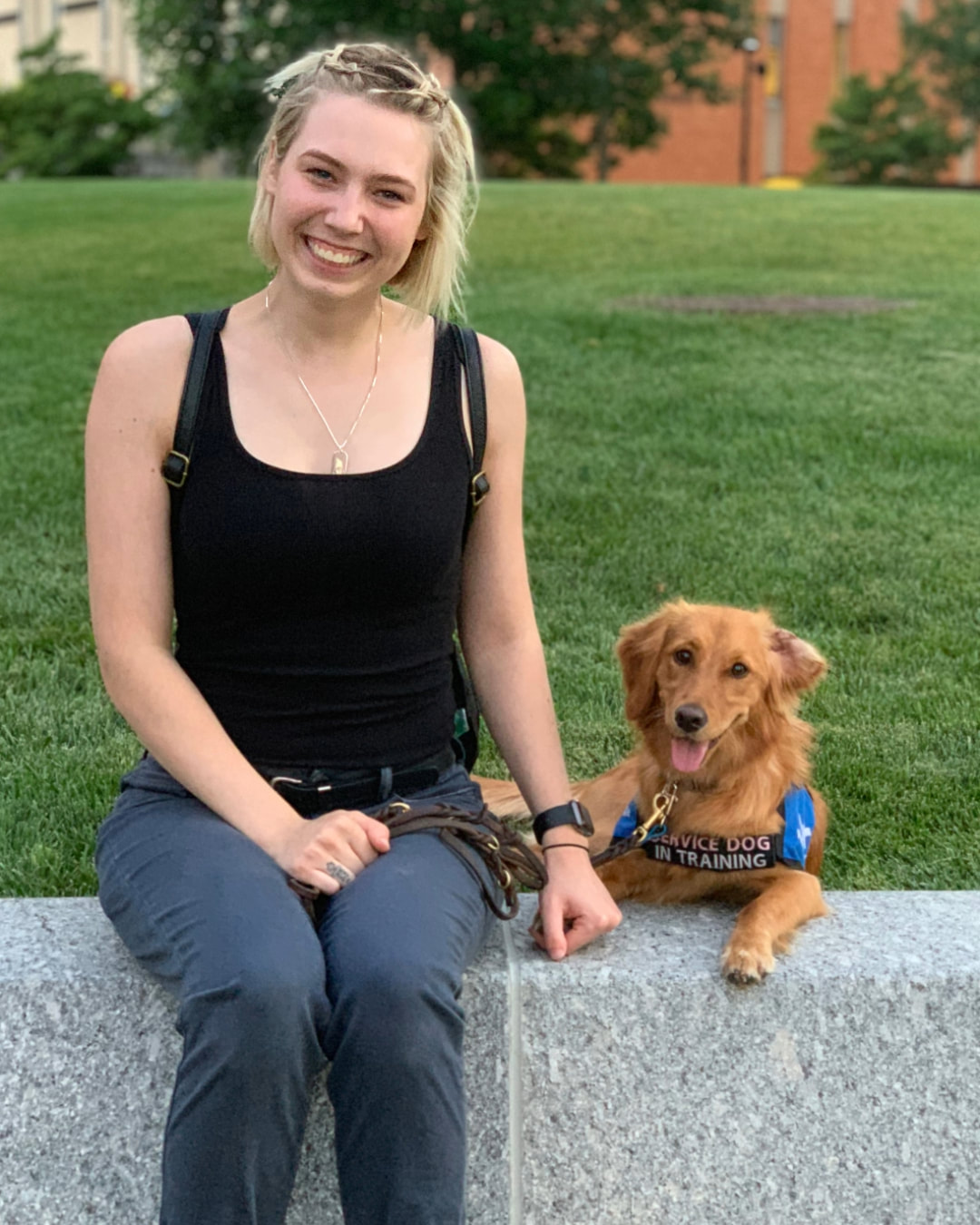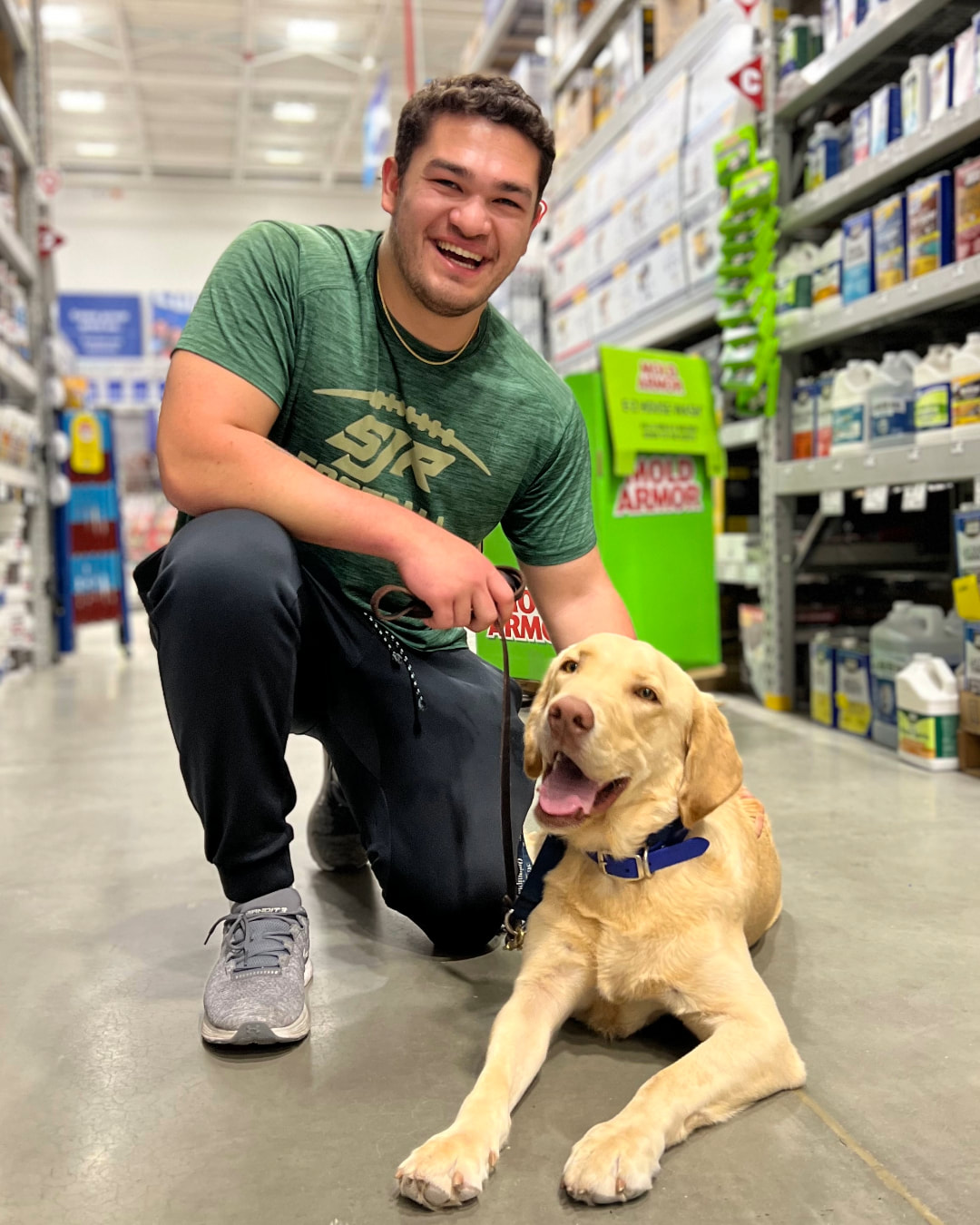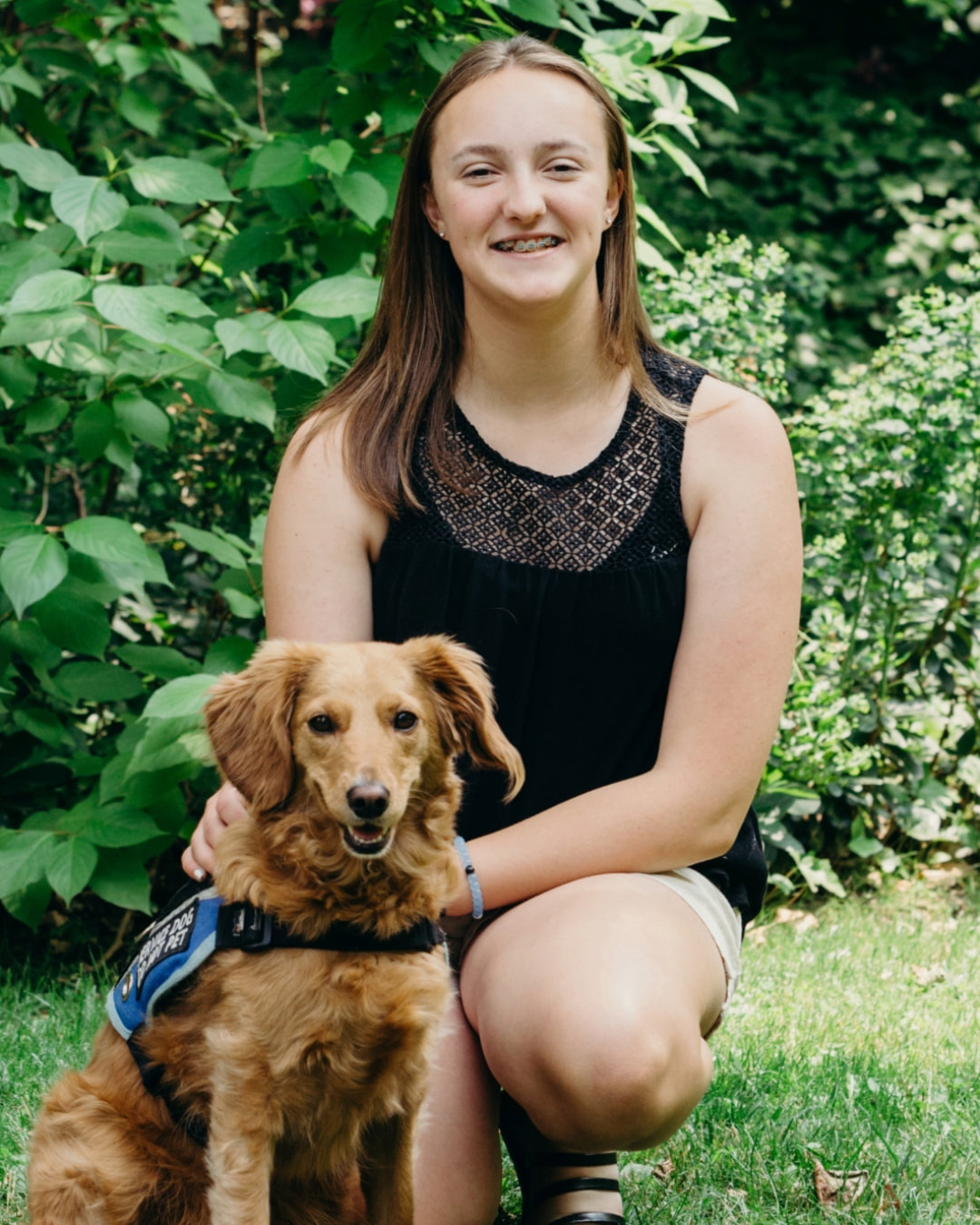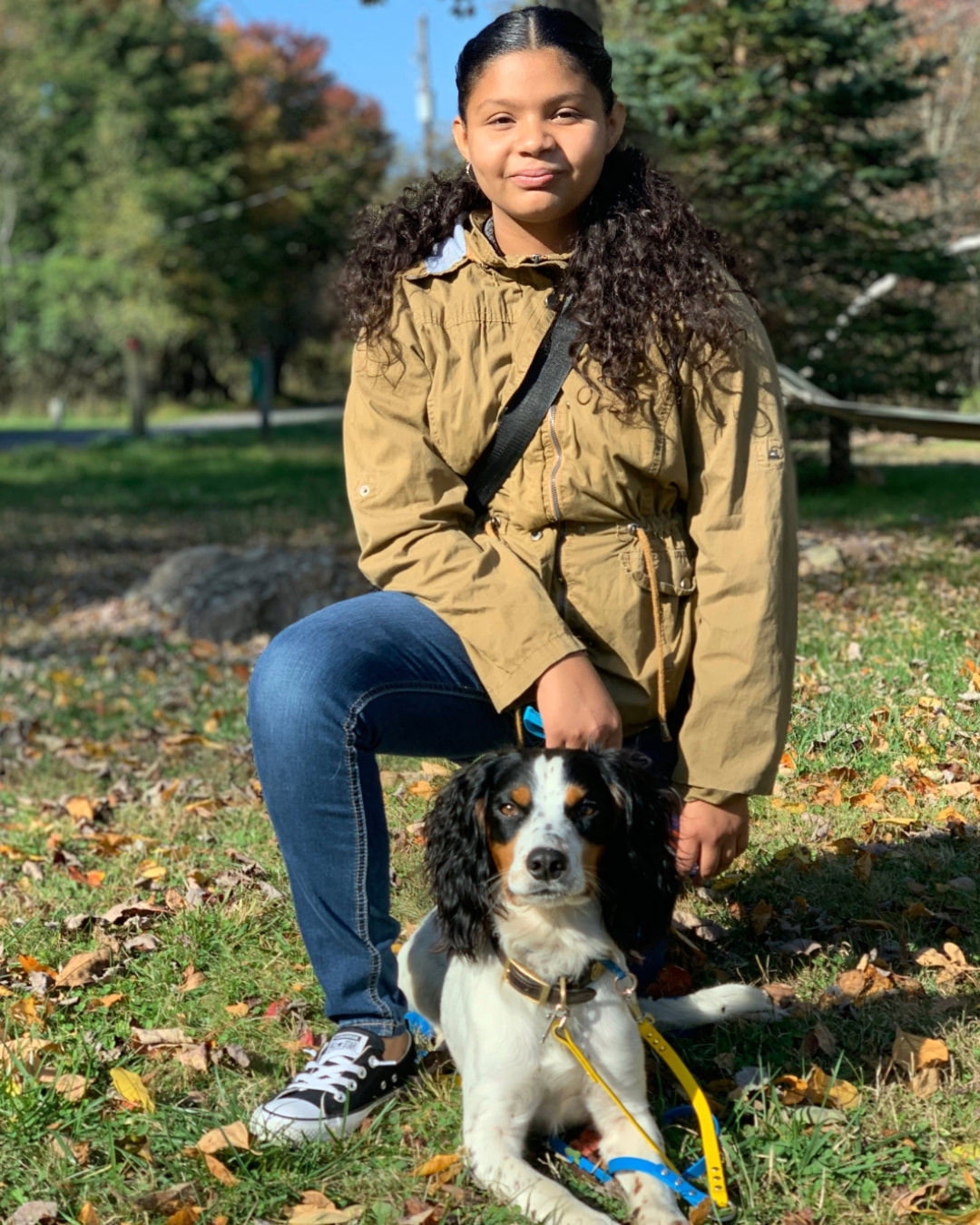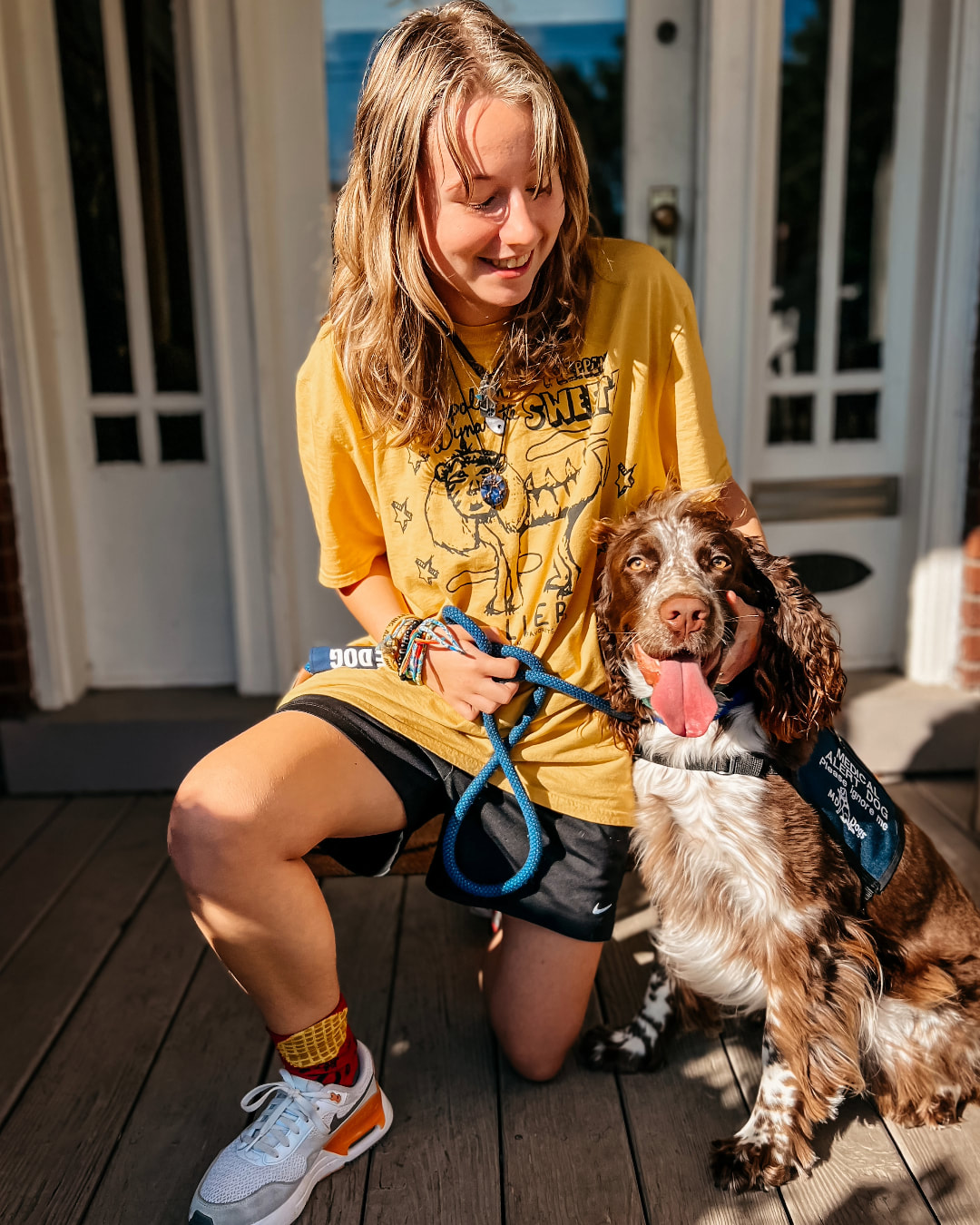Trained Diabetic Alert DogsMD Dogs fully trains a few DADs each year for those who are not interested in self-training. The dogs are raised in our home, go through thousands of hours of training, and pass multiple scent and behavior tests. Once a dog is matched with a recipient, we integrate the dog into the family to ensure a seamless transition with reliable alerts.
|
Learn how to apply, and about our process!

